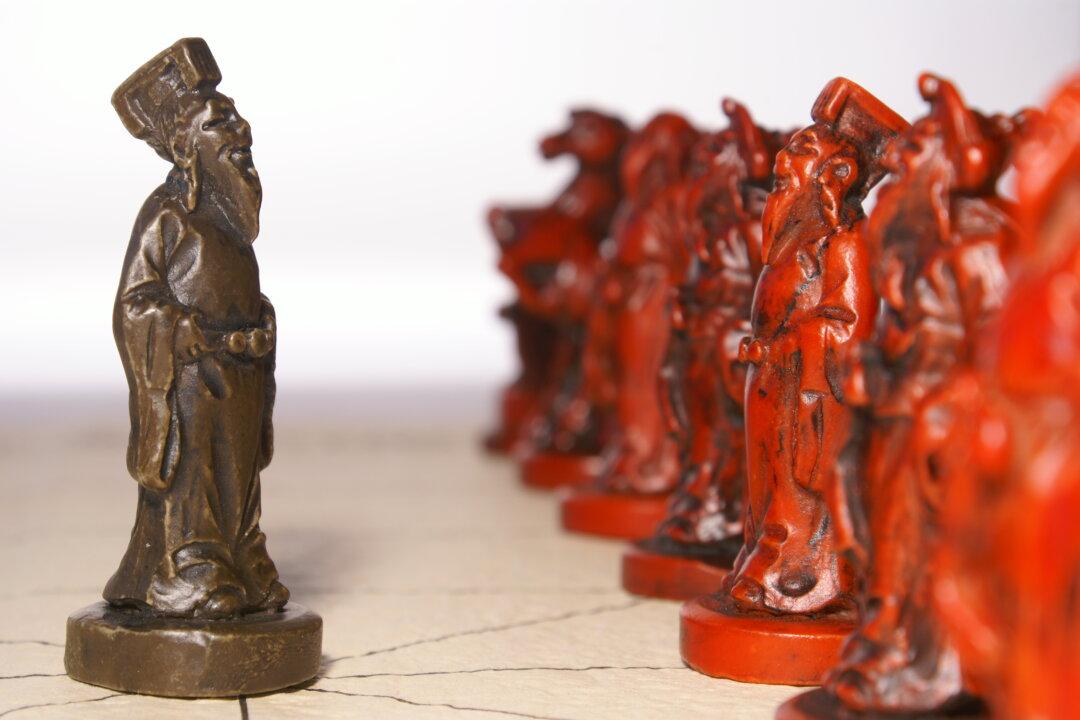The Chinese have this saying: “If you doubt someone, don’t use him; if you use someone, don’t doubt him.” It could also be translated as “If you don’t trust someone, don’t hire him; if you hire him, don’t question him.”
In today’s business world, this idea is more relevant than ever. If you’re reading this, the odds are you’re either a boss, work for one, or have in the past. Successful leaders in various sectors have recognized that creative and knowledge-based work requires an open, transparent, and socially conscious way of working. Some workplaces continue to lag, however, clinging to a command-and-control mindset of the industrial age. In these organizations, the balance between an employer’s need for control and the employee’s need for autonomy remains fraught with tension.





